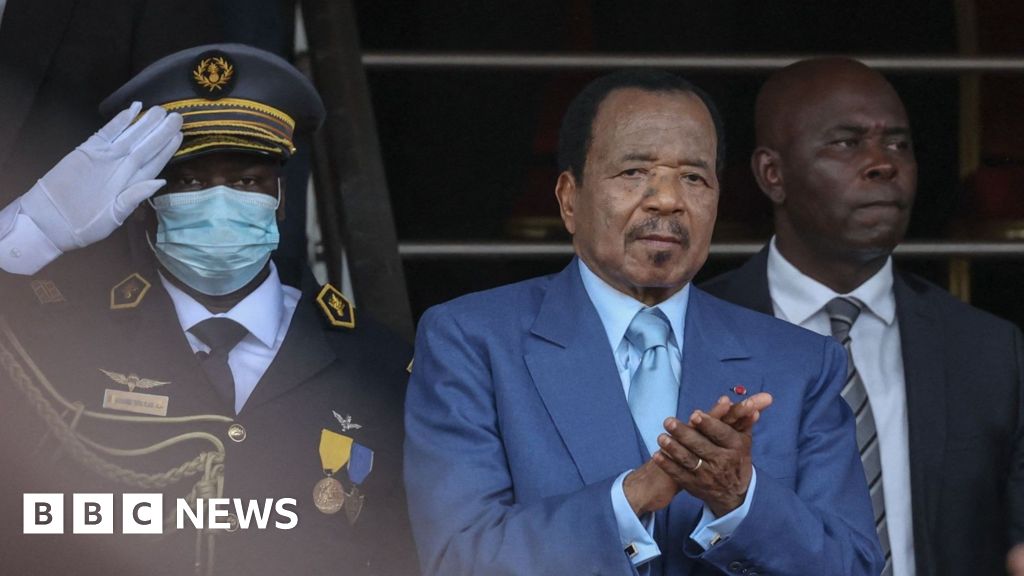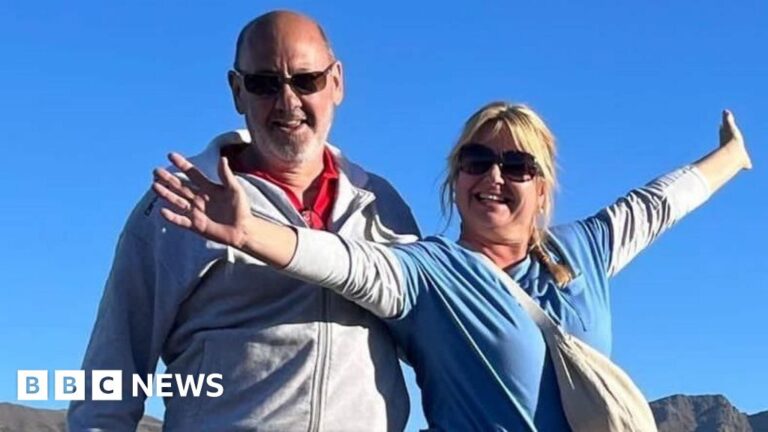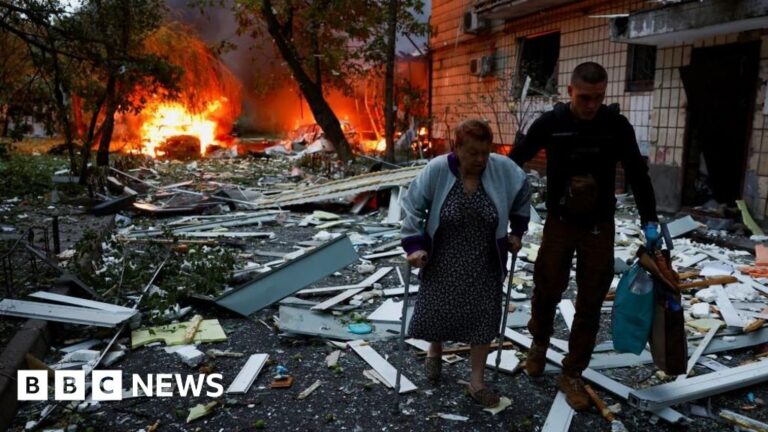Cameroon’s constitutional council has upheld the decision by the country’s electoral body to exclude opposition leader Maurice Kamto from the 12 October presidential election. While the firebrand political figure was sidelined, 92-year-old President Paul Biya whose candidacy also faced opposition, was cleared to run for what would be his eighth term in the oil-rich Central African nation. If he were elected for another seven-year term, he could remain in power until he was almost 100. Kamto was ruled out because a rival faction of the Manidem party which endorsed him presented another individual as a candidate, highlighting an internal squabble. His exclusion sparked outrage, with his lawyers describing the rejection of his petition as more of a political than a legal move.
Of the 83 candidates who submitted their applications to the electoral body, only 12 have been approved. The reasons given by Elections Cameroon (Elecam) for the disqualification of the 71 range from incomplete files, non-payment of the required deposit, to multiple candidacies from the same party. Of all the contestants, six are seen as the main contenders: Paul Biya, Bello Bouba Maigari, Issa Tchiroma Bakary, Cabral Libii, Akere Muna, and Joshua Osih.
At 92, Paul Biya is the world’s oldest serving head of state. He has been in power for nearly 43 years since 1982. Biya leads the ruling CPDM party which dominates the political scene. He is widely considered the favourite, now that his main rival, Kamto, is out of the way. The veteran politician has never lost an election since the return of multi-party politics in 1990. However, his victories have been marred by allegations of vote rigging – claims which his party and the government have continuously denied.
Bello Bouba Maigari, 78, is an experienced politician who hails from Cameroon’s vote-rich northern region. He is the president of the National Union for Democracy and Progress (NUDP) party founded in 1990. He served in the governments of both of Cameroon’s presidents -Ahmadou Ahidjo and Paul Biya. In fact, he was Biya’s first prime minister between 1982 and 1983. Since 1997, Maigari has forged an alliance with Biya’s CPDM party that helped the latter clinch significant votes from the north.
Issa Tchiroma Bakary, another former Biya ally, whose candidacy came as a surprise, is 75 years old. Like Maigari, he is from the country’s north and has been influential in helping Biya secure the region’s votes. After a 20-year stint in different government roles, Tchiroma finally pulled the plug on his time with the 92-year-old leader, resigning from his role as Minister of Employment and Vocational Training to announce his candidacy.
Cabral Libii, president of the Cameroon Party for National Reconciliation (PCRN), is a vibrant member of parliament who is making his second attempt at getting the country’s top job. In 2018, he was the youngest of the nine presidential candidates, aged just 38, coming third with 6% of the vote.
Akere Muna was a candidate in the 2018 presidential election but pulled out at the last minute and threw his weight behind Kamto. This time around, Muna, a staunch international anti-corruption lawyer, says he wants to challenge Biya himself. The 72-year-old is from a family of politicians – his late father Solomon Tandeng Muna served as Prime Minister of West Cameroon after independence, Vice-President of the then Federal Republic of Cameroon and Speaker of the National Assembly.
Joshua Osih is jumping into the presidential race for the second time after his first attempt in 2018 proved futile. He heads the Social Democratic Front (SDF) party, succeeding the iconic late opposition leader John Fru Ndi. The SDF used to be the country’s main opposition outfit, but its influence later dwindled, exacerbated by infighting and the expulsion of several party members in 2023.
For many decades, President Biya has succeeded in maintaining a firm grip on power, making it difficult for him to lose elections. The decision of political heavyweights Bello Bouba Maigari and Issa Tchiroma Bakary to challenge him appeared to make life more difficult, but some analysts believe they do not pose a significant threat to Biya.
Historically, Cameroon’s opposition has been fragmented especially during elections, with analysts saying this has disadvantaged them. Ahead of this year’s presidential election, there has been much talk about the need for the opposition to unite and harmonise strategies to take on Biya. But with each candidate prioritising their own interests, it remains unclear if most – let alone all – of them would work together, despite the risk this could help the president.
Dr Pippie Hugues, a policy analyst with Cameroonian think-tank Nkafu Policy Institute, argues that their alliance with the current regime lessens their credibility with opposition voters. “Cameroonians need more than just a resignation to trust them,” he told the BBC. “Both have been with the system and watched the nation suffer.”
Given Kamto’s exclusion, Biya’s strongest challenger in 2018, third-placed Libii could arguably claim to be his main threat this year. Although he got just 6% of the vote, Libii’s political evolution since then has been praised. He led his party to win five seats in parliament and seven local councils during the 2020 legislative and municipal elections.
Dr Hugues says Libii’s vision is opaque, citing Akere Muna as a more convincing candidate with a much clearer project for the nation of nearly 30 million people. “Muna has a wealth of international experience and diplomatic character, and that is what the nation needs now,” he said, while praising the renowned lawyer’s five-year transition plan to “put the nation back on track”.
In the 1992 presidential election, firebrand opposition leader John Fru Ndi was backed by the Union for Change, a coalition of political parties and civil society organisations. Although he was not the only opposition candidate, analysts say the coalition helped him get 36% of the vote – just shy of Biya’s 40%. That was the closest anyone has ever got to beating Biya.
Many believe if the opposition doesn’t band together as it did in 1992, Biya might have an easy ride to the presidency. “He has the experience, the human resources and the system to his advantage,” says Dr Hugues.
Source link




